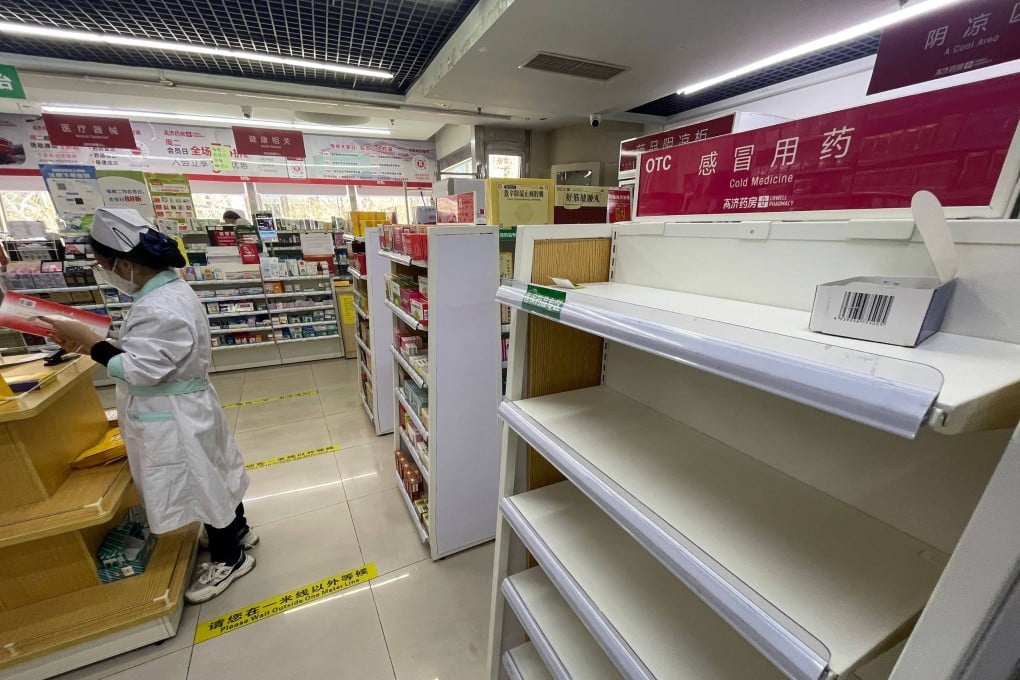Advertisement
Overseas Chinese rush to send Covid-19 pain relief to mainland relatives
- Paracetamol and ibuprofen top items in packages bound for China, but delays and non-deliveries add to anxiety
- There are also concerns that bulk-buying of over-the-counter medicines will lead to shortages in other countries
Reading Time:3 minutes
Why you can trust SCMP
6

Three years ago, overseas Chinese were buying masks to send home to China, where the emerging pandemic caused acute shortages of the facial coverings. Now, it is medicines at the top of the shopping list as Covid-19 sweeps across the mainland.
The sudden abandonment of China’s zero-Covid policy has caught many off guard and unprepared for the surge in demand for common fever and pain treatments. The industrial production authority says it has taken measures to increase manufacturing capacity, but it will take time.
Paracetamol, ibuprofen and other pain relief medications are the most sought-after items, along with vitamins and rapid antigen test kits, according to overseas Chinese approached by the South China Morning Post.
Advertisement
All said they were motivated by concern for elderly family members, especially those with underlying diseases who may not have had all their vaccine shots and could have difficulty accessing timely hospital treatment.
But many also expressed their doubts about whether their packages would reach their loved ones in time.
Advertisement
Catherina Huang, a Chinese administrator living in New Zealand, said she was told it could take nearly a month for her parcel to be delivered to her mother in Dongguan, in the southern province of Guangdong.
Advertisement
Select Voice
Choose your listening speed
Get through articles 2x faster
1.25x
250 WPM
Slow
Average
Fast
1.25x